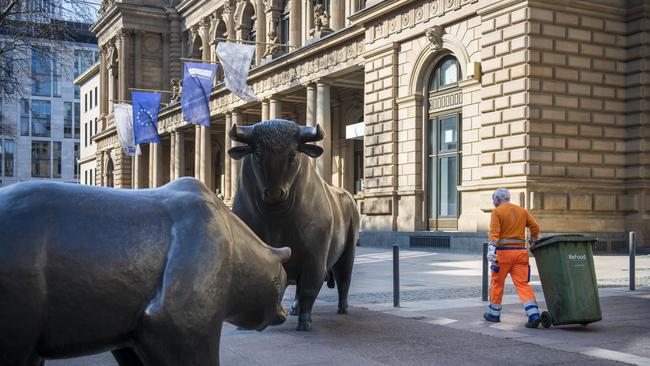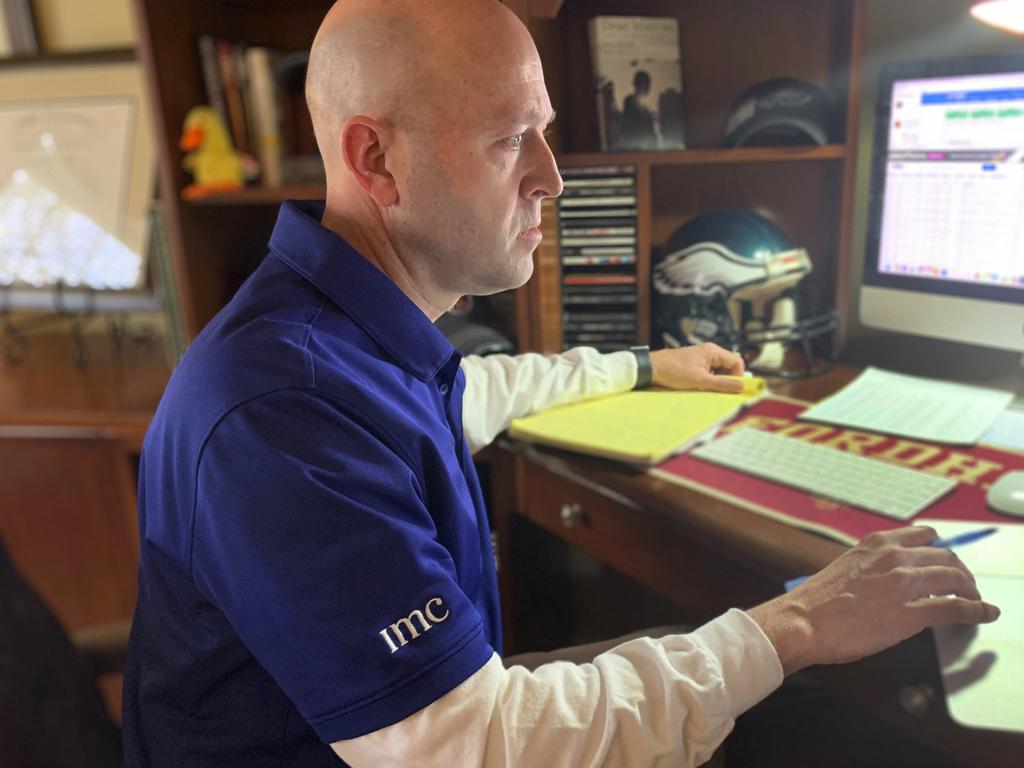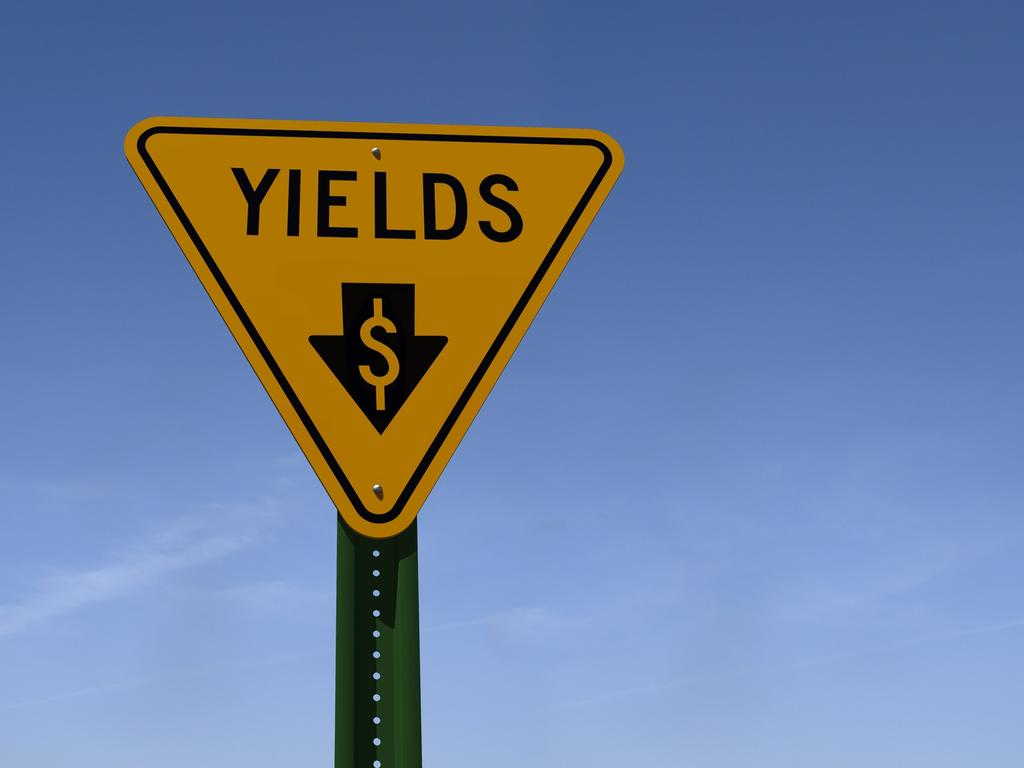Coronavirus: Morgan Stanley sees COVID-19 bear market as part of longer-term bull run


That represents a much bigger move that could be engineered by automated trading and it happened as the UK Prime Minister went into intensive care. Accordingly, we need to examine the forces behind the rise.
The first and most obvious reason is that central banks around the world are printing money at a furious rate and that spills over into asset prices led by the sharemarket. But as we look deeper we can see a series of short term “hope” forces are coinciding with the flood of money and algorithmic trading. In addition, with the help of Morgan Stanley, we can isolate any possible overriding long term trend that has been triggered which takes us way beyond the virus.
Driving hope
I will first document some of the short term “hope” forces boosting the market while reminding readers that these forces are driven by infection rates and can reverse.
And remember that the market is looking at a 30 per cent decline in US GDP, which is unprecedented. So US companies must bounce back to justify the big share prices rises. But old time US strategists say that usually shares bottom four to five months before the recession hits so the latest rise, albeit perhaps too rapid, is on schedule.
There is no doubt these days COVID-19 infection rates drive markets
There were 30,000 new US cases last Thursday; 32,100 on Friday; 33,300 Saturday, then a falloff to 28,200 on Sunday which boosted optimism that the peak had passed. Some of the hardest hit cities led by New York appeared to be part of that peak. New York trends are vital because that’s where the share traders live.
In Europe similar hopeful signs are emerging as Italy’s new cases fell sharply and the decline in Spain’s death count continues. And, of course, in Australia our infection rates are falling - from much lower levels - so we are part of the trend.
And the Germans fuelled the optimism created by the lower infection rates by starting work on how they can operate a western style economy while still keeping infection rates low. And that is exactly what China is doing, using a centrally-controlled economy. The fact that China looks to be coming out of the slump is a big market bull force, not just because China is the world’s second largest economy, but because it shows it can be done.

The German Institute for Economic Research advocates a national task to make recommendations on how to ease restrictions on work and public life.
German industries such as telecommunications and car production should be prioritised, while work that can easily be done from home should continue to be done remotely. Schools and childcare should open relatively quickly, because young people rarely have severe symptoms and parents cannot work if childcare facilities and schools remain closed. That German report was conventional, but it accelerated plans in many other countries and the sentiments seeped into global share trading.
In particular enterprises around the world are now starting to work out operating system so they can produce and market their goods and services in a way that does not create infection. And in the US the era of over reliance on China for essential goods is over and extensive plans are being drawn up for a manufacturing resurgence using the latest technologies. Pressure is building in Australia to go down the same path.
No depression
But can we put all these forces into a global, long-term pattern? Morgan Stanley’s chief equity strategist Mike Wilson attempts it this way:
“For what it’s worth, we don’t think we will have full retest of the lows, nor do we think this is the beginning of a depression.
“We think this is the end of a cyclical bear market that began two years ago in the context of a secular bull market that began in 2011.”
A “secular market” is the one that defines the long term trend. For example, a secular bull market main contain smaller bear markets during its duration, but will, overall, trend upward.
Wilson said he expects earnings to decline by about 20 per cent. Companies are withdrawing earnings guidance in capital goods, materials, retailing, real estate, hotel and restaurant sectors. But Wilson says values still look attractive.
Wilson has believed that the long-term secular bull market would contain a cyclical bear market around a recession—which is what we are seeing now.
When the bull market resumes, a new feature of the next phase will be inflation. The global pandemic is just the catalyst that may allow all of these inflation building pressures “to work in concert”.
For example, the reversal of globalisation will add to costs, as will rising wages and the dollar weakness.
If Wilson’s scenario is right then holding US dollar cash is the wrong strategy. So is holding token interest rate bonds. These sentiments spread around the Morgan Stanley network and were part of the sharemarket boost.







The American sharemarket rise to start the first full week of April was staggering. We all have become accustomed to big swings because, as sharemarkets rise, those with short positions cover. And as they do, it sets off a whole series of buy signals. These days our markets are dominated by computer trading. But the Dow Index has risen 24.5 per cent from its March 23 low and the S&P achieved a 21.5 per cent advance.